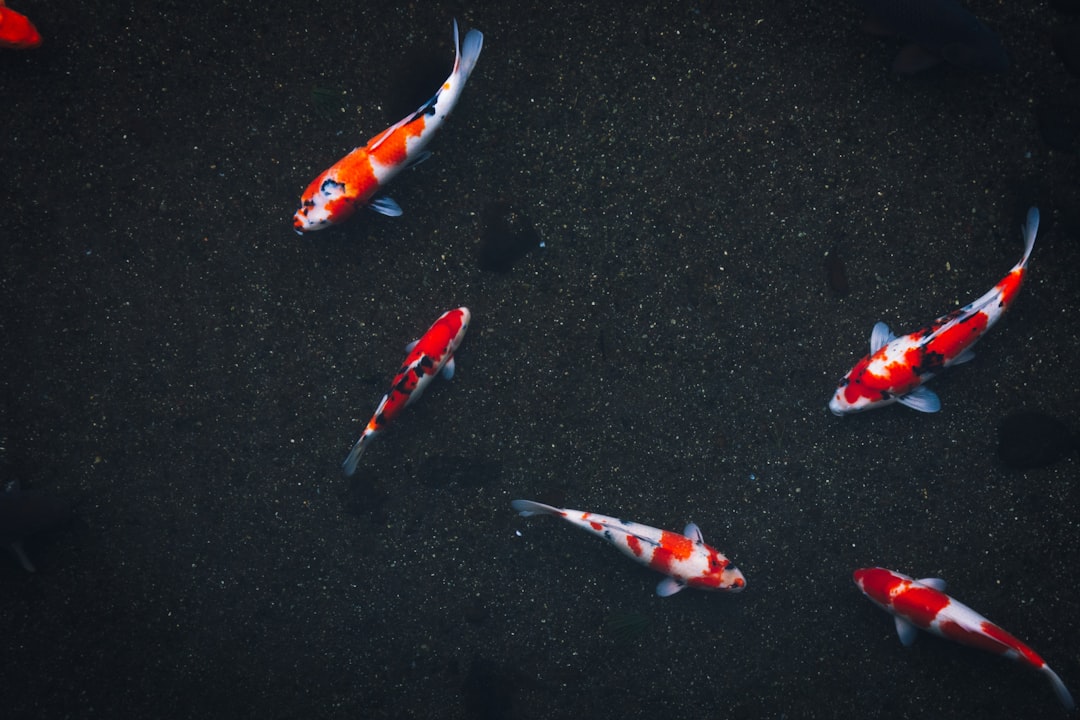Aquaculture, or fish and shellfish farming, has become increasingly important as a source of global seafood production, now surpassing wild catch fisheries as the primary provider of aquatic protein. As the world's population grows, the demand for sustainable and responsible aquaculture practices intensifies. This post explores the principles and practices of sustainable aquaculture husbandry, highlighting innovations and challenges in this rapidly evolving sector.
Principles of Sustainable Aquaculture
-
Environmental Stewardship
Sustainable aquaculture emphasizes minimizing environmental impacts by reducing pollution, conserving water, and protecting biodiversity. Practices like Integrated Multi-Trophic Aquaculture (IMTA) and aquaponics optimize nutrient use and reduce waste. -
Social Responsibility
Aquaculture operations must engage with local communities, ensure fair labor practices, and contribute positively to local economies. Community-supported aquaculture models are gaining traction as they foster cooperation and shared benefits. -
Economic Viability
Sustainable aquaculture requires long-term economic viability through efficient resource use, innovative technologies, and access to financing. This ensures sustained profitability while maintaining environmental and social standards.
Sustainable Practices in Aquaculture
-
Water Recirculation Systems (RAS)
RAS technology allows for the reuse of treated water, reducing water consumption and minimizing environmental impacts. This closed system also enhances biosecurity by controlling water quality and preventing escapes. -
Aquaponics and IMTA
Aquaponics integrates fish farming with plant cultivation, using fish waste as fertilizer. IMTA combines different aquatic species to optimize nutrient cycling and reduce external inputs, promoting ecological balance. -
Sustainable Feed Options
The industry is shifting towards alternative feed sources, such as algae, insects, and agricultural by-products, to reduce dependence on wild-caught fishmeal and fish oil.
Challenges and Opportunities
-
Environmental Challenges
Aquaculture can have significant environmental impacts if not managed properly, including habitat destruction and pollution. Implementing sustainable practices can mitigate these risks. -
Technological Innovations
Advances in technology, such as digital monitoring systems and circular economy approaches, offer opportunities to enhance efficiency and sustainability. -
Policy and Governance
Strong governance and regulatory frameworks are essential for ensuring that aquaculture development aligns with environmental and social standards. FAO’s Guidelines for Sustainable Aquaculture provide a comprehensive framework for sustainable practices.
Conclusion
Aquaculture husbandry is evolving rapidly, driven by the need for sustainable seafood production. By embracing principles of environmental stewardship, social responsibility, and economic viability, the industry can meet growing demands while protecting marine ecosystems and supporting local communities. As aquaculture continues to grow, adopting sustainable practices will be crucial for ensuring a healthy and resilient future for this vital food sector.
Future Directions
Looking ahead, the future of aquaculture will depend on continued innovation and collaboration. This includes expanding the use of sustainable feed options, integrating more circular economy principles, and enhancing policy frameworks to support responsible aquaculture practices. By addressing these challenges and opportunities, aquaculture can thrive as a sustainable and responsible source of seafood for generations to come.
Citations:
- https://humansofglobe.com/sustainable-aquaculture-healthy-future/
- https://www.brfingredients.com/en/blog/posts/aquaculture-in-2025-new-technologies-sustainability-and-the-direction-of-the-sector/
- https://www.bluelifehub.com/2025/02/13/sustainable-aquaculture-opportunities-and-challenges-for-the-sectors-future/
- https://innoaquaproject.eu/news/innoaqua-project-presented-at-aquaculture-2025/
- https://www.routledge.com/Principles-of-Sustainable-Aquaculture-Promoting-Social-Economic-and-Environmental-Resilience/Bunting/p/book/9781032379678
- https://www.taylorfrancis.com/books/mono/10.4324/9781003342823/principles-sustainable-aquaculture-stuart-bunting
- https://openknowledge.fao.org/items/74874c9b-237b-415e-b522-9e24d9025550
- https://www.fao.org/in-action/gsa/news/detail/en/c/1682448/

Comments
No comments yet. Be the first to comment!
You must be logged in to comment. Login